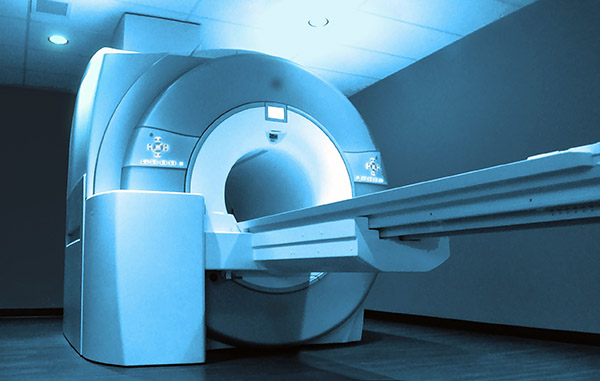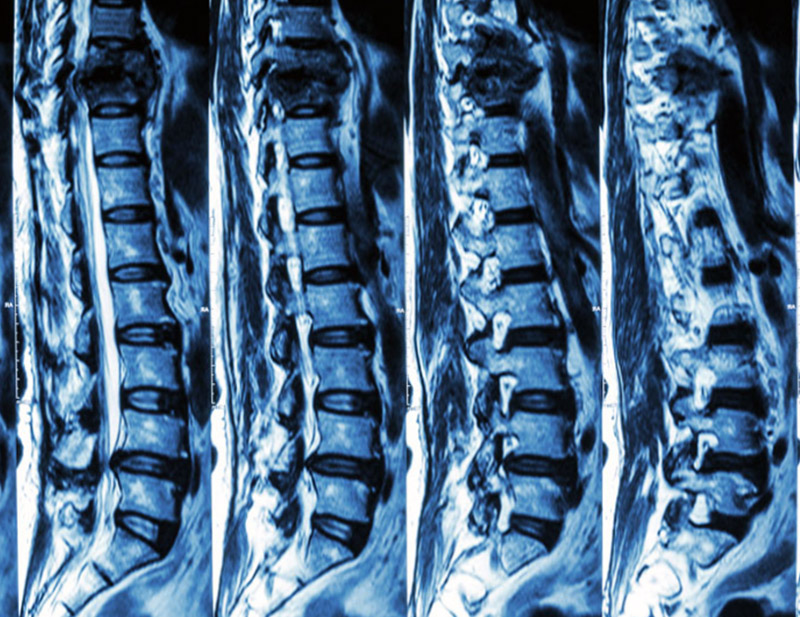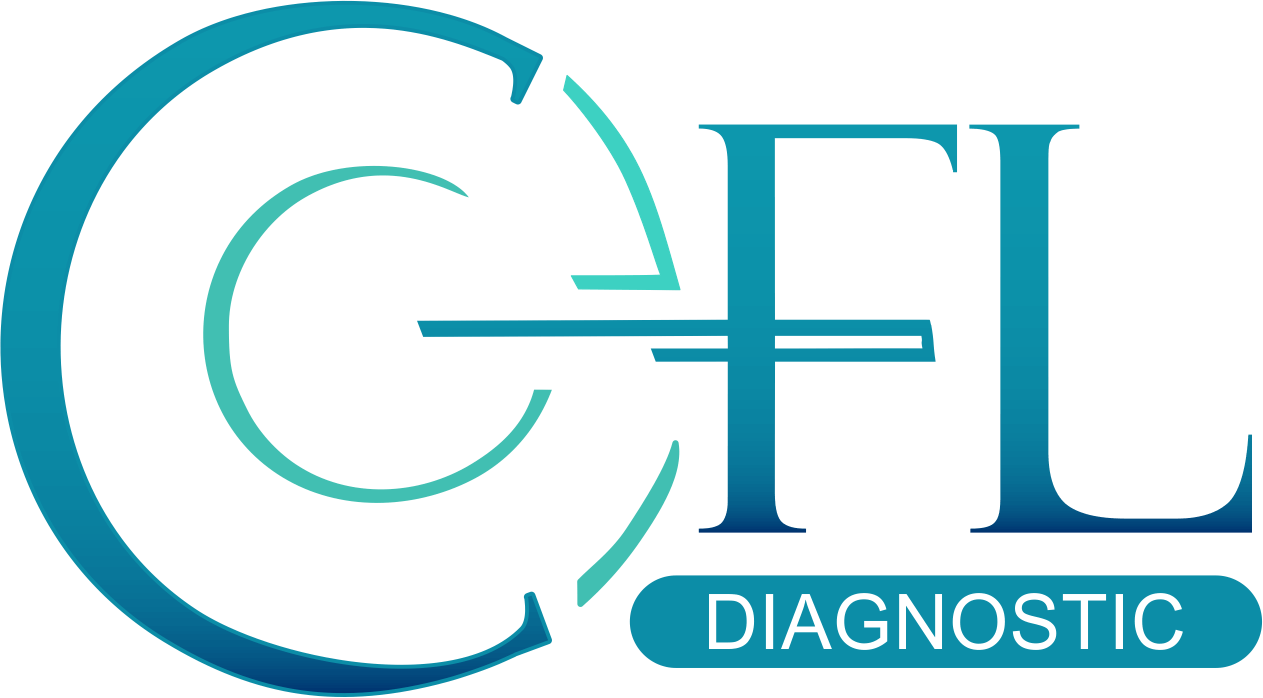Magnetic resonance imaging (MRI) technology is one of the most sensitive diagnostic imaging tests available. This safe, noninvasive technology is useful for evaluating a wide range of brain disorders or conditions, including traumatic injury, tumors, stroke, and aneurysms.
CFL Diagnostic located In Orlando, FL we offer a High-field MRI that is convenient and affordable. Our highest priority is customer satisfaction and safety. If you have any questions about the process or how to schedule your appointment give us a call Today! If you have been injured in a car accident and need an MRI done, we work with all auto insurance policies and are able to schedule your appointment in a timely fashion.


For MRI, a person lies on a motorized table that is moved into the narrow interior of a large tubular scanner, which produces a magnetic field. Normally, protons in tissues are in no particular arrangement. But when protons are surrounded by a strong magnetic field, as in an MRI scanner, they line up with the magnetic field. Then, the scanner emits a pulse of radio waves, which momentarily knocks the protons out of line. As the protons line up with the magnetic field again, they release energy. The strength of the signal varies by tissue. The MRI scanner records these signals. A computer is used to analyze the signals and produce images.
Examiners can change how various tissues appear on a scan by varying the radio wave pulses, the strength and direction of the magnetic field, and other factors. For example, fat tissue appears dark on one type of scan and bright on another. These different scans provide complementary information, so more than one is often obtained.
Preparing for an MRI
Preparing for an MRI scan requires wearing comfortable clothing and the removal of all metal accessories. Patient’s that have metal or electronic implants from prior surgery should consult with their physician prior to scheduling an MRI for safety concerns. In the scenario where the implant is MRI safe, the patient should provide the MRI technologist with the implant card for more implant specific MRI safety recommendations from the provider. For certain MRI procedure fasting for at least 4 hours may be required. If the procedure requires fasting, you will be notified during the scheduling process. If you are in need of an MRI in Orlando contact you physician to receive a referral. Once you have received the referral contact a diagnostic imaging center that provides MRI near you to schedule your exam.
Conduct and duration of the procedure
MRI procedures can vary widely in time frames from 15 minutes to 45 minutes depending on the body region being scanned. This is based on how the MRI scanner picks up the signal from the body to create the images. In MRI, the machine uses the water from the body as signal to create the images. Therefore, the bigger the body part the shorter the test, due to the higher potential for signal. The smaller the body part the longer the test, due to the lower potential for signal. However, timeframes may also be altered by the need for contrast (gadolinium) during the procedure. As well as, for some more invasive procedures. The MRI technologist will usually explain the process and details of the procedure with the patient prior to the study.
Contraindications to MRI
There are some contraindications to having an MRI done. Some of these include pregnancy, metal implants, and electronic implanted devices. During pregnancy it is preferable to avoid having an MRI, specially during the first trimester of the pregnancy. The loud noise and heat production from the machine are not recommended during pregnancy stage. Certain metallic and electronic implants are not MRI compatible. However, the few that are MRI compatible have very specific guidelines from the provider, which must be met in order to continue with the procedure. If this is your case, please contact your physician and the implant provider for more detailed information regarding your implant. This information will be required prior to your MRI test.
MRI with contrast material
Contrast (Gadolinium) is beneficial in many MRI exams. In MRI contrast can help the radiologist find and diagnose infections and cancer. The solution highlights in detail the pathological findings and helps the radiologist create more accurate measurements and diagnosis.
Our Happy Clients

